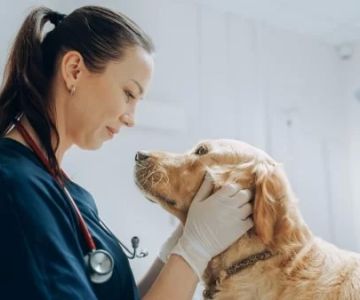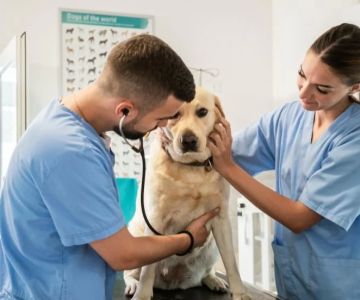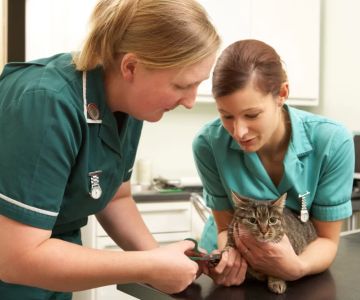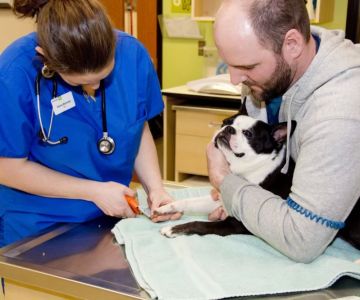What Type of Training Does a Veterinarian Need? A Complete Guide to Veterinary Education
- 1- Overview of Veterinary Training
- 2- Steps to Become a Veterinarian
- 3- Veterinary School Requirements
- 4- Importance of Hands-on Experience
- 5- Career Paths After Veterinary School
- 6- Final Thoughts on Veterinary Training
1. Overview of Veterinary Training
Becoming a veterinarian is a rewarding but challenging journey. Veterinarians are responsible for the health and wellbeing of animals, and their training must be thorough and specialized. Veterinary training generally requires several years of education and hands-on experience. In this guide, we’ll walk through the essential training required to become a veterinarian and explore each step of the process in detail.
2. Steps to Become a Veterinarian
The path to becoming a veterinarian typically includes a combination of undergraduate education, veterinary school, and post-graduate training. Here’s an outline of the steps involved:
- Complete an Undergraduate Degree: Before entering veterinary school, most aspiring veterinarians earn a bachelor's degree, typically in biology, animal science, or a related field.
- Gain Relevant Experience: Practical experience, such as working at animal shelters, veterinary clinics, or farms, is crucial for gaining a hands-on understanding of animal care.
- Attend Veterinary School: After completing undergraduate studies, students must attend an accredited veterinary school. This program usually takes four years to complete.
- Pass Licensing Exams: Upon completing veterinary school, graduates must pass national and state licensing exams to practice as a veterinarian.
3. Veterinary School Requirements
Veterinary schools have rigorous requirements for admission. In addition to a strong academic record, aspiring veterinarians must demonstrate experience working with animals. Some schools may require applicants to complete specific courses in subjects like chemistry, biology, and physics. Veterinary schools also look for candidates who are passionate about animal welfare and possess strong communication and problem-solving skills.
4. Importance of Hands-on Experience
While classroom instruction is essential, hands-on experience is just as crucial for veterinary training. Most veterinary programs incorporate clinical rotations where students work directly with animals under the supervision of licensed veterinarians. This practical experience helps students develop the skills they need to diagnose and treat animals effectively. Many aspiring vets also gain experience by volunteering or interning at animal shelters, zoos, or veterinary clinics during their studies.
5. Career Paths After Veterinary School
After completing their veterinary education, veterinarians have various career paths to choose from. Many veterinarians work in private practice, treating pets and livestock. Others may work in research, public health, or animal welfare. Some veterinarians choose to specialize in areas such as surgery, dermatology, or cardiology, which requires additional training and certification.
For example, Dr. Jane Smith, a small animal veterinarian, completed her training at a prestigious veterinary school and gained hands-on experience through multiple internships. Today, she owns a thriving practice and specializes in surgical procedures for dogs and cats. Her journey reflects the dedication and passion needed to succeed in this profession.
6. Final Thoughts on Veterinary Training
Becoming a veterinarian requires years of hard work and dedication. It’s a profession that demands both academic excellence and a genuine love for animals. If you are passionate about animal care and are willing to put in the time and effort required, veterinary medicine can be a deeply rewarding career.
If you’re ready to start your journey toward becoming a veterinarian, it’s crucial to research the veterinary schools and programs that best fit your needs. Don’t forget that gaining hands-on experience is key to developing the skills necessary to excel in this field. Whether you are treating pets in private practice or researching diseases that affect livestock, the training you receive will set the foundation for a fulfilling career.
Looking for ways to enhance your veterinary education or looking for additional resources to help in your journey? Check out our recommended veterinary school programs and resources that can provide the right tools to take your passion for animals to the next level.









